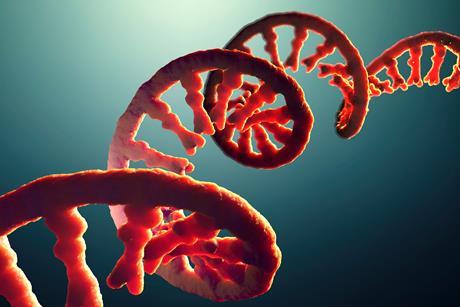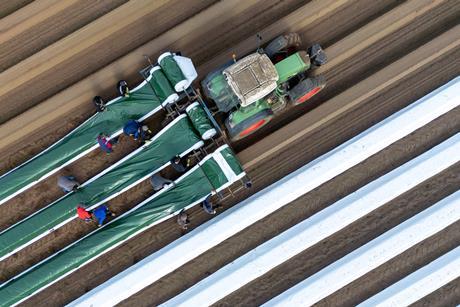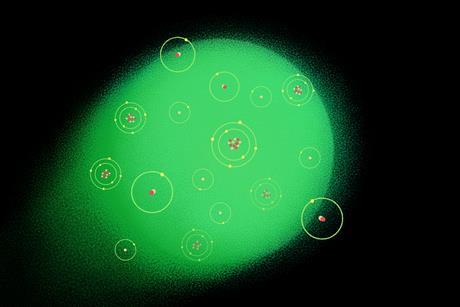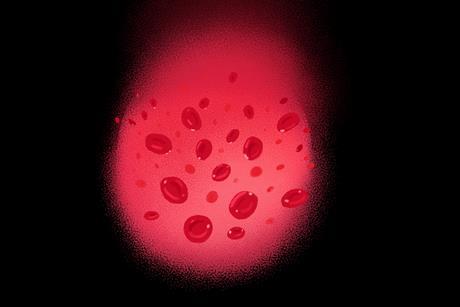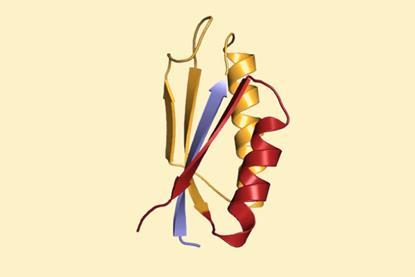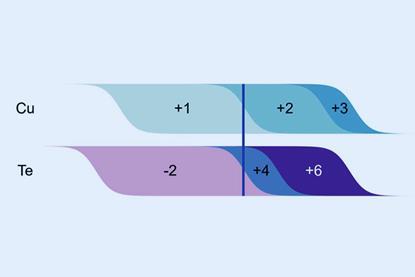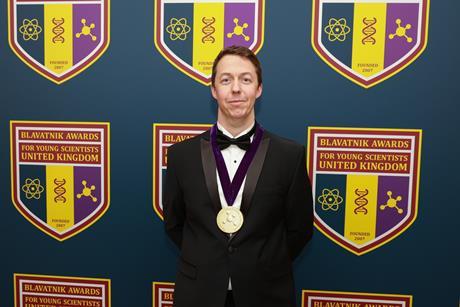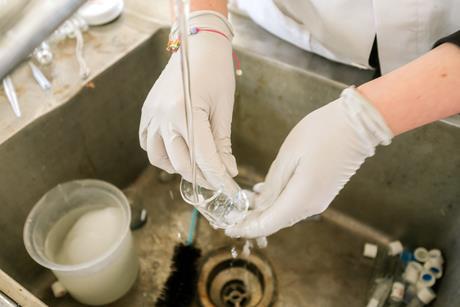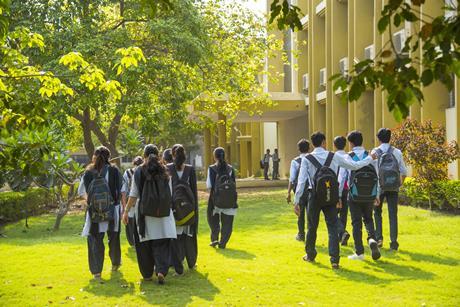Easy to remove tag could make mRNA synthesis for vaccines quicker and cheaper
Chemical synthesis takes another step towards overtaking more complex enzymatic routes
Mineral-extracting microorganism could solve early Earth’s nitrogen-fixing mystery
Ancient microorganisms could have extracted vital nitrogen compounds using molybdenum mined from rocks
New spectroscopy method maps out water’s hydrogen-bonded network
Technique can be used to study other liquids and amorphous materials
Graphene oxide sponge soaks up gold from electronic waste
Composite many times more effective at capturing gold than existing materials
Foaming bioplastic breaks down in seawater four times faster than paper
Cinchona plant alkaloid catalyst subtracts hydrogen to invert alcohols’ chirality
Microbubbles activate C–H bonds, converting methane into ethane and formic acid
Meteorite 200 times larger than one that killed dinosaurs reset early life
Directing group facilitates catalytic breakdown of high-performance polymer
New database unlocks predictive power of radical polarity
Highlights
The problem of plastic in our soils
Not just a marine issue, new research shows microplastics are also changing agricultural land. Bárbara Pinho finds out how and what we can do to prevent it affecting our food
How AI protein structure prediction and design won the Nobel prize
David Baker, Demis Hassabis and John Jumper won this year’s Nobel prize in chemistry. Jamie Durrani investigates the origins of a biochemistry revolution
How satellite remote sensing is enhancing our understanding of Earth
Instruments in space have studied the planet’s atmosphere and surface, and are now being joined by powerful new ones, finds Andy Extance
Analysing a chemist’s wish-list
Analytical techniques have come a long way, but what does the future hold? Rachel Brazil asks the experts what they’d like to see
Blood biopsies for cancer
Testing small amounts of blood for the presence of disease markers could revolutionise how we detect cancer. Clare Sansom reports
Topics
Proteins with multiple structures open up AlphaFold’s black box
AI prediction model often fails to identify fold-switching, helping show how it works and the limits of its usefulness
Electrochemical series for materials makes predicting oxidation states easy
Machine-learning trained model could open up new opportunities in materials discovery
Algorithm predicts bitterness from mass spectra data alone
New tool could find use in food science and drug development
Teaching enzymes new reactions through genetic code expansion and directed evolution
Anthony Green’s research group at the University of Manchester, UK, reengineers enzymes to have catalytic functions beyond those found in nature
Lead found in Beethoven’s hair reveals new insight into his ailing health
Kidney and liver problems that killed the composer, as well as hearing loss, are associated with high lead levels
Chemical analysis reveals origins of early English silver coins
Byzantine silver plates were melted down to make many of the first Anglo-Saxon coins
Using analytical chemistry to illuminate the unlisted ingredients in tattoo inks
Discovery that more than 80% of the tattoo inks sampled had unlisted ingredients prompts New York-based lab to launch a website providing chemical information to tattoo artists and their clients
Science needs to get its house in order when it comes to energy use and waste
Labs have an outsized environmental footprint but solutions are within reach
Redox reactions ‘mine’ old fluorescent light bulbs for europium
In just three simple steps rare earth element can be recovered, avoiding ‘ecologically devastating’ mining
Biomass, plastic waste and carbon dioxide feedstocks key to cutting chemical industry’s emissions
Royal Society report warns that without intervention defossilisation of the chemicals sector will take many decades
Analysis of three French chemistry labs shows how they could halve their carbon footprint by 2030
Open-source tool helps researchers evaluate a series of carbon mitigation strategies
There’s a world of chemistry in water
Managing our most precious resource
Riding the microwave: three chemists share their stories
Disagreements surrounding non-thermal effects didn’t stop microwave reactors becoming a standard part of laboratory life
UK’s autumn budget receives mixed response from science and education sectors
R&D spending is protected, but university budgets will be impacted by national insurance hikes
Are Indian higher education institutes gaming the ranking system?
Concerns continue to be raised about students being misled by the Indian government’s flagship scheme
Thousands of published studies may contain images with incorrect copyright licences
Questions raised over copyright licence that covers images created using scientific illustration service Biorender
Chemist found to have falsified data in 42 papers has notched up 13 retractions so far
Investigating committee at Japanese institute found senior scientist Naohiro Kameta solely responsible for the misconduct
Open letter from fraud sleuths raises concerns over research integrity at Scientific Reports
Springer Nature singled out over ‘seriously flawed’ peer review in journal
